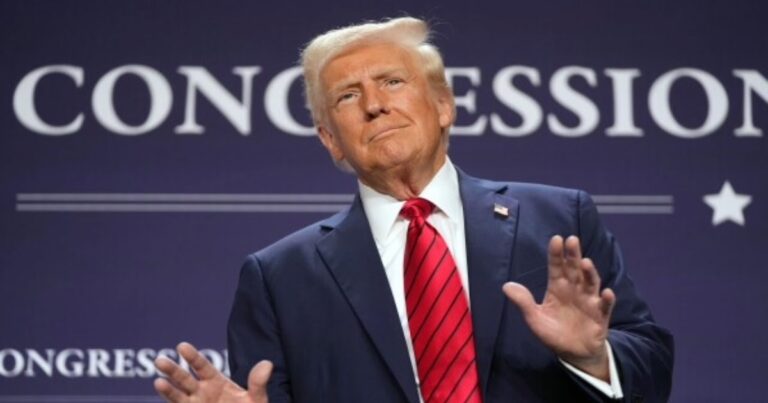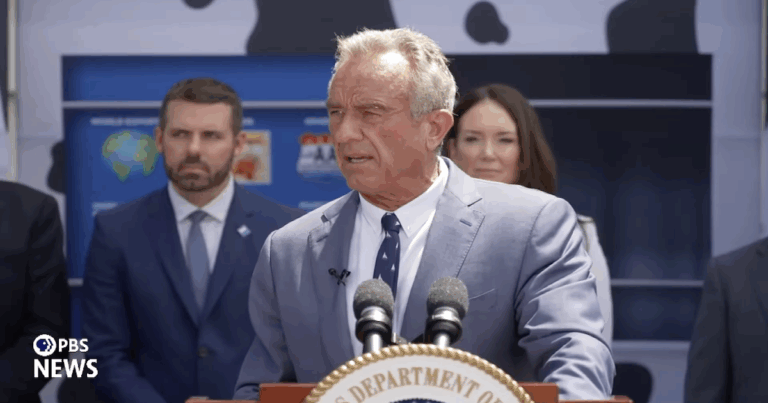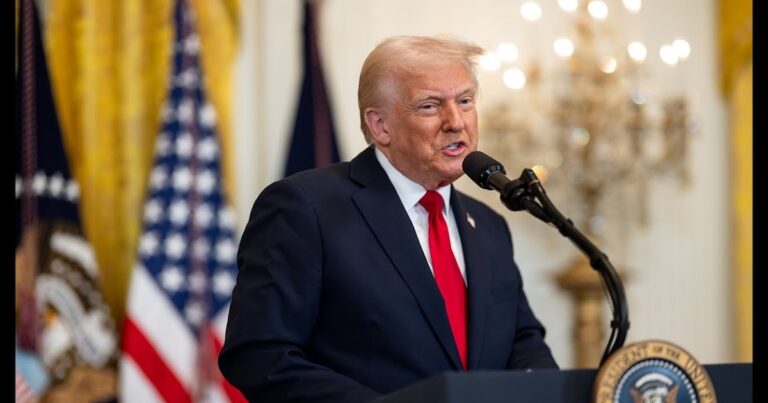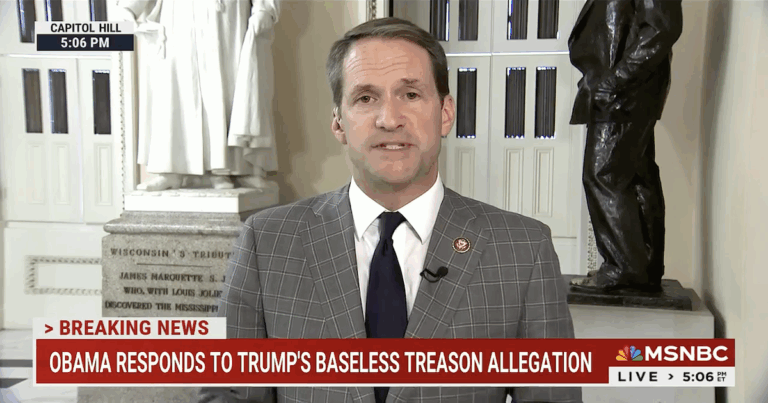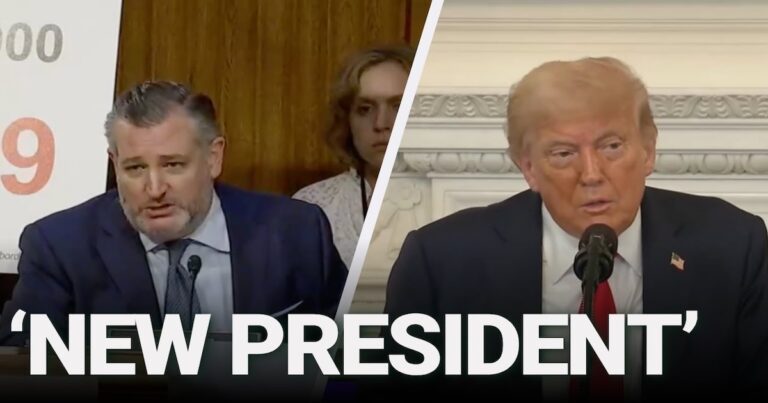Why it matters:
The sentencing of Bryan Kohberger, who murdered four University of Idaho students, underscores the importance of justice and accountability in our society. This case highlights the need for effective legal frameworks that prioritize victims’ rights and public safety, reinforcing the values of individual liberty and community protection.
Key Takeaways:
– Bryan Kohberger was sentenced to four consecutive life terms without parole for the 2022 murders of four University of Idaho students.
– As part of a plea deal, Kohberger admitted to the killings and waived his right to appeal, avoiding a potential death sentence.
– Victims’ families delivered powerful statements, emphasizing the emotional toll of the tragedy and the need for justice.
The Big Picture:
The brutal murders of Kaylee Goncalves, Madison Mogen, Xana Kernodle, and Ethan Chapin shocked the nation and raised critical questions about safety and justice in our communities. Kohberger’s plea deal, while ensuring he will spend life in prison, reflects a legal system that must balance the pursuit of justice with the rights of the accused. This case serves as a reminder of the importance of maintaining a robust legal framework that protects individual liberties while ensuring accountability for heinous acts. The emotional testimonies from the victims’ families highlight the profound impact of crime on communities and the necessity for policies that prioritize public safety and support for those affected.
What They’re Saying:
Alivea Goncalves, sister of victim Kaylee Goncalves, expressed her anger towards Kohberger, stating, “You orchestrated this like you thought you were God; now look at you.”
Go Deeper:
Original source: The Center Square




